The fashion industry is constantly evolving, with new consumer trends and behaviours driving changes in the way brands and retailers operate. As the industry continues to adapt to the shifting landscape, wholesale for fashion remains a critical component of the overall business strategy for many companies. From high street to luxury apparel, fashion wholesale plays a crucial role in connecting brands with retailers and end consumers.
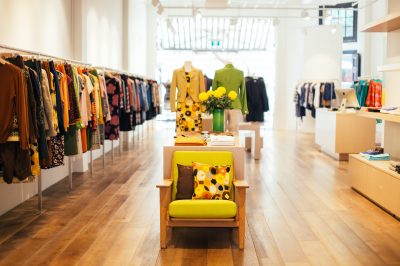
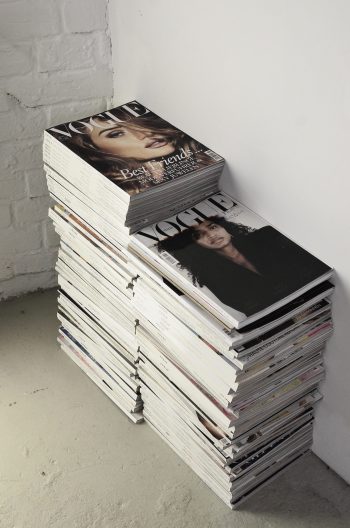
2023 promises to be a year of change and evolution for the fashion industry. With the ongoing impact of the pandemic, consumer behaviours and trends are shifting in new and exciting ways. One of the biggest trends we see is a focus on sustainability and ethical production. Consumers are becoming more conscious of their purchases’ environmental and social impact and are looking for brands that align with their values. As a result, we are seeing an increase in the use of sustainable materials, such as organic cotton and recycled polyester, and a shift towards more locally-sourced and ethically-produced garments.
Another trend that is becoming increasingly popular is the use of digital technology in the fashion industry. With more consumers shopping online than ever before, brands are turning to virtual showrooms and digital lookbooks to showcase their collections. This cuts down on go-to-market travel costs and allows brands to reach a wider audience and expand globally. Candid Wholesale is a go-to, one-stop wholesale management platform that enables brands to reach new retailers and expand their businesses cost-effectively in very little time. Book a demo via the below link to learn more about how our platform can elevate and accelerate your day-to-day wholesale activities, all in one simplified platform.

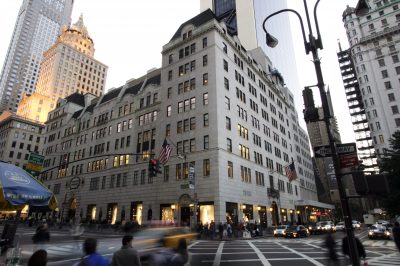
The wholesale fashion market is also changing in response to these trends. With the rise of e-commerce, we are seeing more brands moving away from traditional brick-and-mortar wholesale channels and instead using wholesale platforms like Candid to connect with retailers. This shift has allowed brands to streamline their wholesale operations, cutting down on the time and resources needed to research and find new retailers. We at Candid offer a market expansion accelerator tool that helps brands and distributors find global retailers by territory, empowering them to scale fast internationally.
Another trend in the wholesale fashion market is the rise of “fast fashion” and the increasing pressure on brands to produce new collections at a faster pace. This has led to a focus on speed-to-market, with brands looking for ways to get their collections to retailers as quickly as possible. This trend has also led to an increase in the use of digital tools, such as 3D design software, to speed up the design and development process.
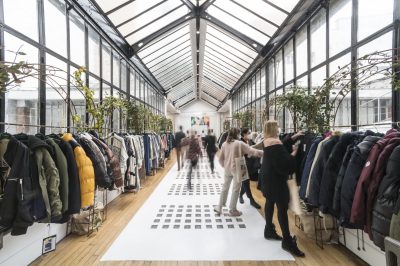
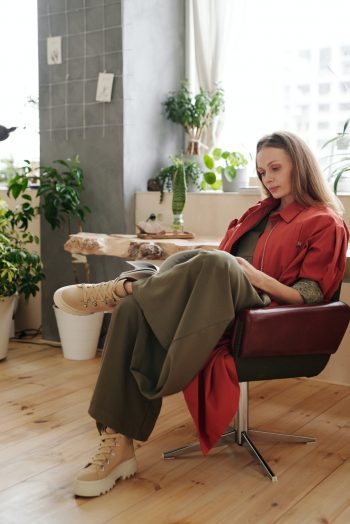
That said, in terms of fashion trends, we are seeing a return to classics and a focus on timeless pieces. Consumers are looking for garments that they can wear for years to come rather than disposable fast fashion items. This has led to an increase in the popularity of vintage and second-hand clothing, as well as a renewed interest in traditional craftsmanship and artisanal techniques.
Retailers are also adapting to these trends, with more and more retailers turning to sustainable and ethically-produced garments. This has led to an increase in the number of retailers offering “green” or “sustainable” sections in their stores, and more retailers are also turning to wholesale platforms like Candid to find new and innovative brands to carry in their stores.
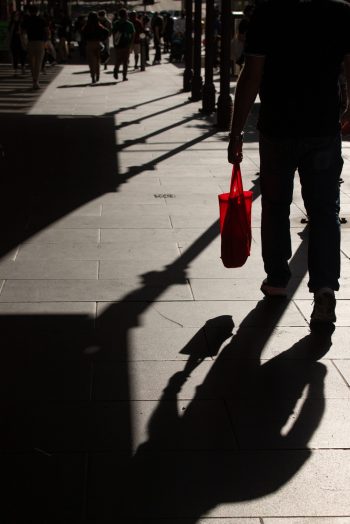
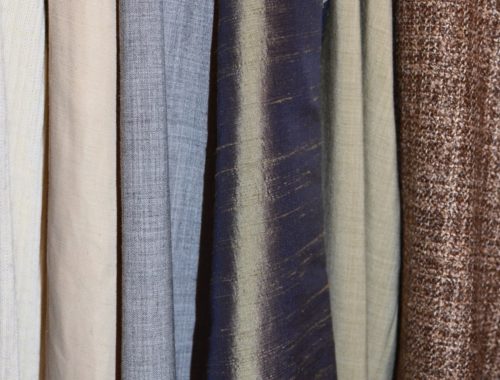
Brands are also changing their behaviours in response to these trends. Many brands are becoming more transparent about their production processes and are making an effort to be more eco-friendly and socially responsible. This has led to an increase in the number of brands offering sustainable and ethically-produced garments, and more brands are turning to wholesale platforms like Candid to reach new retailers and expand their business.
The end consumer is also changing their behaviour in response to these trends. Consumers are becoming more conscious of the environmental and social impact of their purchases and are looking for brands that align with their values. This has led to an increase in the popularity of sustainable and ethically-produced garments, and more consumers are turning to wholesale platforms like Candid to find new and innovative brands.
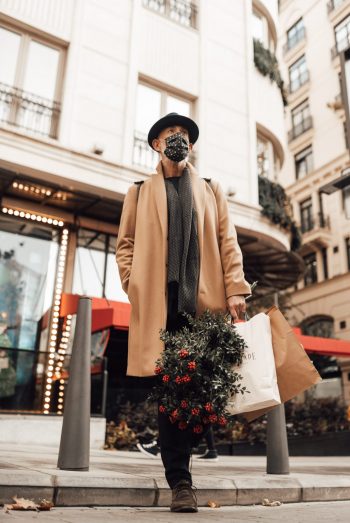

In conclusion, 2023 promises to be a year of change and evolution for the fashion industry. Several key trends are emerging, including the use of sustainable materials, the use of digital technology in the fashion industry, and the rise of “fast fashion”. However, the most important trend that is emerging is the focus on sustainability and ethical production. As consumers become more conscious of the environmental and social impact of their purchases, they are looking for brands that align with their values and are producing garments that are ethically produced and sustainable.
As a result, we are seeing an increase in the use of sustainable materials and a shift towards more locally-sourced and ethically-produced garments. Brands are also becoming more transparent about their production processes and are making an effort to be more eco-friendly and socially responsible. Retailers are also adapting to these trends, with more and more retailers turning to sustainable and ethically-produced garments.
All these trends will have a major impact on the fashion industry, and it will be interesting to see how they continue to develop in the coming months and years. With more and more consumers becoming conscious of the environmental and social impact of their purchases, the focus on sustainability and ethical production is likely to continue to grow. Brands, retailers and consumers alike will need to adapt and evolve to meet the changing demands of the market. The fashion industry will need to continue to evolve and adapt to meet the demands of consumers and the changing market, and wholesale platforms like Candid will be a valuable tool for brands looking to expand their business and reach new retailers.

